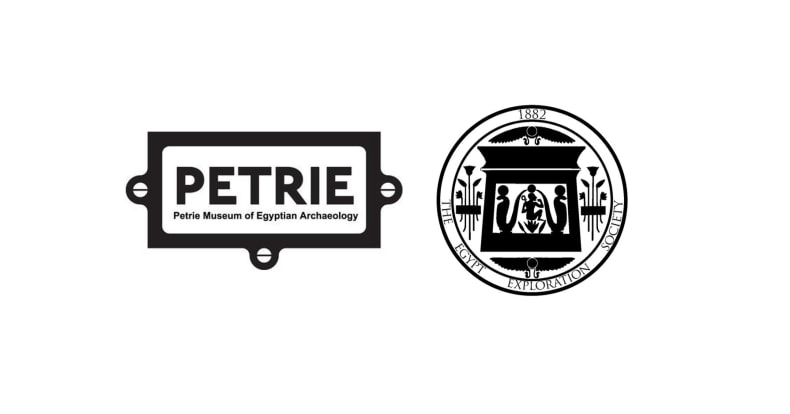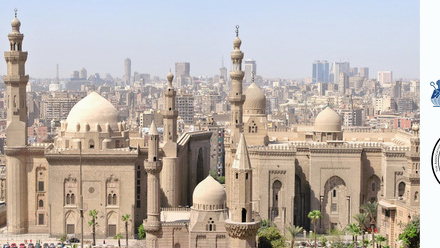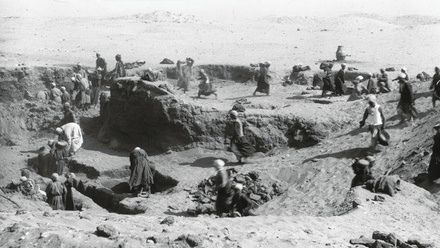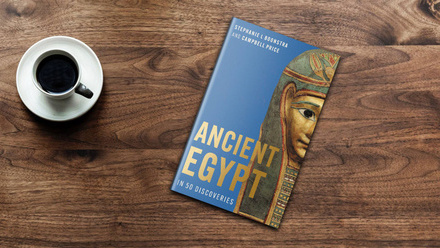Statement on The Loss of Antiquities from Public Collections

The following is a statement by Dr Alice Stevenson, UCL Petrie Museum of Egyptian Archaeology, and the Society's Director, Dr Chris Naunton.
This Thursday 2 October 2014, the Archaeological Institute of America (AIA) St Louis Society intends to sell Egyptian antiquities at the London auctioneers Bonhams. We condemn this sale in the strongest possible terms.
This material was excavated in 1914 by the British School of Archaeology in Egypt (BSAE) which was established by Flinders Petrie and whose legacy is now administered by UCL. Export was permitted from Egypt to London by the Egyptian authorities under the terms of the contemporary excavation licence, and these particular objects were subsequently sent to the USA on the condition that they went to a public collection. The AIA St Louis Society, an independent not-for-profit organization, received the items in exchange for their financial contribution to the excavations of the BSAE. The regulations of the BSAE stipulate quite explicitly that any antiquities granted to it by the Egyptian authorities were to be distributed to “public museums”. These objects were presented by the AIA St Louis Society to the St Louis Art Museum as a “permanent loan” in this spirit in 1914–15. They were subsequently transferred to the Washington University in St Louis in the late 1980s/early 1990s, only to be removed by the AIA St Louis Society in 2012.
Public museums offer the best hope that ancient objects are safeguarded against loss or deterioration to their condition, and that they will remain accessible to scholars and the wider public for study and enjoyment. Objects which are sold on the open market may be transferred to collections which are not required to provide such safeguards, and which have no obligations to make the material they contain accessible.
Many other objects were distributed to public collections in the UK, USA and elsewhere by the BSAE and Egypt Exploration Society (EES) on similar terms and remain in those collections today. Much stands to be lost if further material of this kind is offered for sale.
Museums and archaeologists are stewards of the past; they should not sell archaeological items in their collections for profit.
Any attempt by museums or archaeological societies to profit from sales of antiquities provides incentives for global criminal activity that can lead directly to the loss of the art they claim to value. Egypt’s archaeological heritage is already under immense pressure from illegal art smuggling, much of which is entangled in other illegal trades, such as drugs and arms. Local, petty looting is often in the news, but the global networks start and end in the galleries of London, Brussels, New York, Paris, Zurich and elsewhere.
We appeal to all museums to declare:
(i) their opposition to any sale of antiquities from public museums into private ownership where the integrity and access to objects is at risk;
(ii) their strong disapproval of any auction house, museum, archaeological society or other public body that is involved in such sales.



